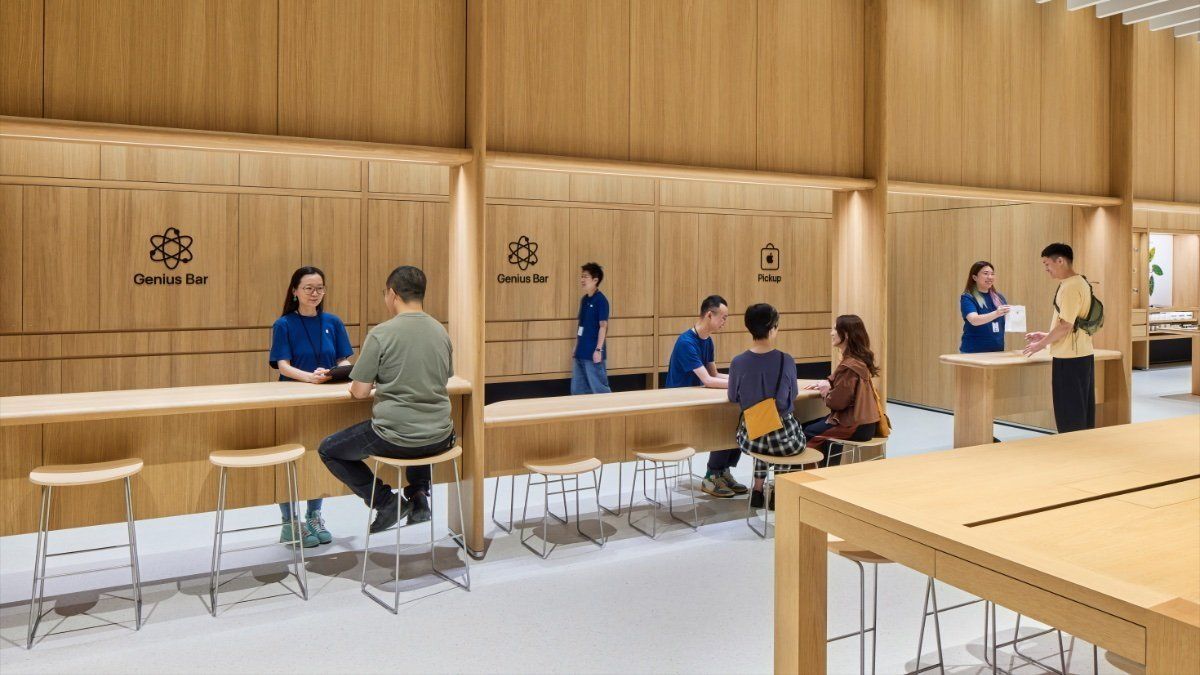Is A 'Best And Final' Job Offer Really Final? Negotiation Strategies

Table of Contents
Understanding the Employer's "Best and Final" Tactic
The phrase "best and final job offer" is often a strategic move by employers. Understanding the psychology behind this approach is the first step in effectively responding. Why do employers use this tactic?
- Employers want to save time and resources: Negotiations can be time-consuming, and employers may be eager to fill the position quickly. A "best and final" offer aims to expedite the process.
- They may believe they've already offered a competitive salary and benefits package: Based on their internal assessments and market research, they might genuinely believe their offer is fair and competitive.
- They might be trying to pressure the candidate into accepting quickly: Creating a sense of urgency can influence your decision-making. They hope you'll accept to avoid the risk of losing the opportunity.
Knowing the employer's motivations allows you to approach the situation with more clarity and prepare a strategic response.
Identifying When a "Best and Final" Offer Is Actually Negotiable
While a "best and final job offer" might sound definitive, it's not always the end of the negotiation. Several scenarios suggest further negotiation might be possible:
- Significantly undervalued salary compared to market rate: If your research indicates the offered salary falls considerably below the industry average for your experience and skillset, you have strong grounds for a counter-offer.
- Overlooked benefits: Did the employer miss crucial benefits you discussed during interviews, such as professional development opportunities, flexible work arrangements, or specific bonuses? These could be valuable negotiation points.
Here's how to prepare your case:
- Research industry salary benchmarks: Use reputable sources like Glassdoor, Salary.com, and Payscale to justify your counter-offer with concrete data. Show them you've done your homework.
- Highlight unique skills and experience that weren't fully considered: Emphasize any unique skills or experience that add exceptional value and justify a higher compensation package. Quantify your accomplishments whenever possible.
- If the offer is below market value, present data to support your counter-offer: Don't just state your desired salary; provide evidence-based reasoning using your market research.
Strategies for Negotiating a "Best and Final" Job Offer
Even faced with a "best and final job offer," you can still negotiate effectively. Remember to maintain a professional and respectful tone throughout the process.
- Express gratitude but politely restate your desired salary/benefits: Acknowledge their offer, then calmly and confidently reiterate your desired compensation, referencing your previous discussions and market research.
- Focus on the value you bring to the company, not just your personal needs: Frame your negotiation around the value you'll contribute—increased productivity, improved efficiency, innovative solutions—rather than simply stating your financial requirements.
- Offer alternative solutions (e.g., signing bonus instead of immediate salary increase): Show flexibility by proposing alternative solutions that might be more palatable to the employer. A signing bonus can be a win-win.
- Be prepared to walk away if the offer remains unacceptable: Knowing your worth and setting boundaries is crucial. If the employer remains inflexible, be prepared to gracefully decline the offer.
Knowing When to Walk Away from a "Best and Final" Job Offer
Knowing when to walk away is as important as knowing when to negotiate. Consider these factors:
- Evaluate the overall compensation package and company culture: Consider the entire package, including benefits, vacation time, and company culture. Is the overall package satisfactory even if the salary isn't perfect?
- Consider the long-term career implications of accepting a less-than-ideal offer: Will accepting a subpar offer hinder your long-term career growth and earning potential?
- Weigh the potential benefits against the stress and dissatisfaction of accepting a subpar offer: Accepting a job you're unhappy with can lead to decreased productivity and job satisfaction.
Alternative Job Opportunities
Having other job offers in the pipeline significantly strengthens your negotiating position. It gives you the confidence to walk away if necessary and encourages the employer to reconsider their offer.
Navigating "Best and Final" Job Offers and Securing Your Ideal Role
Remember, "best and final job offers" aren't always final. Preparation, research, and strategic negotiation can significantly improve your chances of securing a more favorable outcome. Understanding the employer's perspective while firmly knowing your own worth is key. Don't let a "best and final job offer" intimidate you. Use these negotiation strategies to secure the compensation and benefits you deserve. Learn to confidently navigate the complexities of "best and final job offers" and unlock your career potential!

Featured Posts
-
 The Bury M62 Relief Road A Forgotten Plan
May 24, 2025
The Bury M62 Relief Road A Forgotten Plan
May 24, 2025 -
 Joy Crookes Unveils New Track Carmen
May 24, 2025
Joy Crookes Unveils New Track Carmen
May 24, 2025 -
 Apple Price Target Lowered But Wedbush Remains Confident What Does It Mean For Investors
May 24, 2025
Apple Price Target Lowered But Wedbush Remains Confident What Does It Mean For Investors
May 24, 2025 -
 Nrw Eisfavorit Diese Eissorte Hat Alle Ueberrascht
May 24, 2025
Nrw Eisfavorit Diese Eissorte Hat Alle Ueberrascht
May 24, 2025 -
 2025s Top 10 Beaches In The Us According To Dr Beach
May 24, 2025
2025s Top 10 Beaches In The Us According To Dr Beach
May 24, 2025
Latest Posts
-
 Experience The Usa Film Festival Free Movies In Dallas
May 24, 2025
Experience The Usa Film Festival Free Movies In Dallas
May 24, 2025 -
 Joe Jonas Stuns Fort Worth Stockyards With Surprise Concert
May 24, 2025
Joe Jonas Stuns Fort Worth Stockyards With Surprise Concert
May 24, 2025 -
 Usa Film Festival In Dallas Free Screenings And Star Appearances
May 24, 2025
Usa Film Festival In Dallas Free Screenings And Star Appearances
May 24, 2025 -
 Unexpected Show Joe Jonas Rocks The Fort Worth Stockyards
May 24, 2025
Unexpected Show Joe Jonas Rocks The Fort Worth Stockyards
May 24, 2025 -
 Wrestle Mania 41 Golden Belts Available Tickets Selling This Memorial Day Weekend
May 24, 2025
Wrestle Mania 41 Golden Belts Available Tickets Selling This Memorial Day Weekend
May 24, 2025
